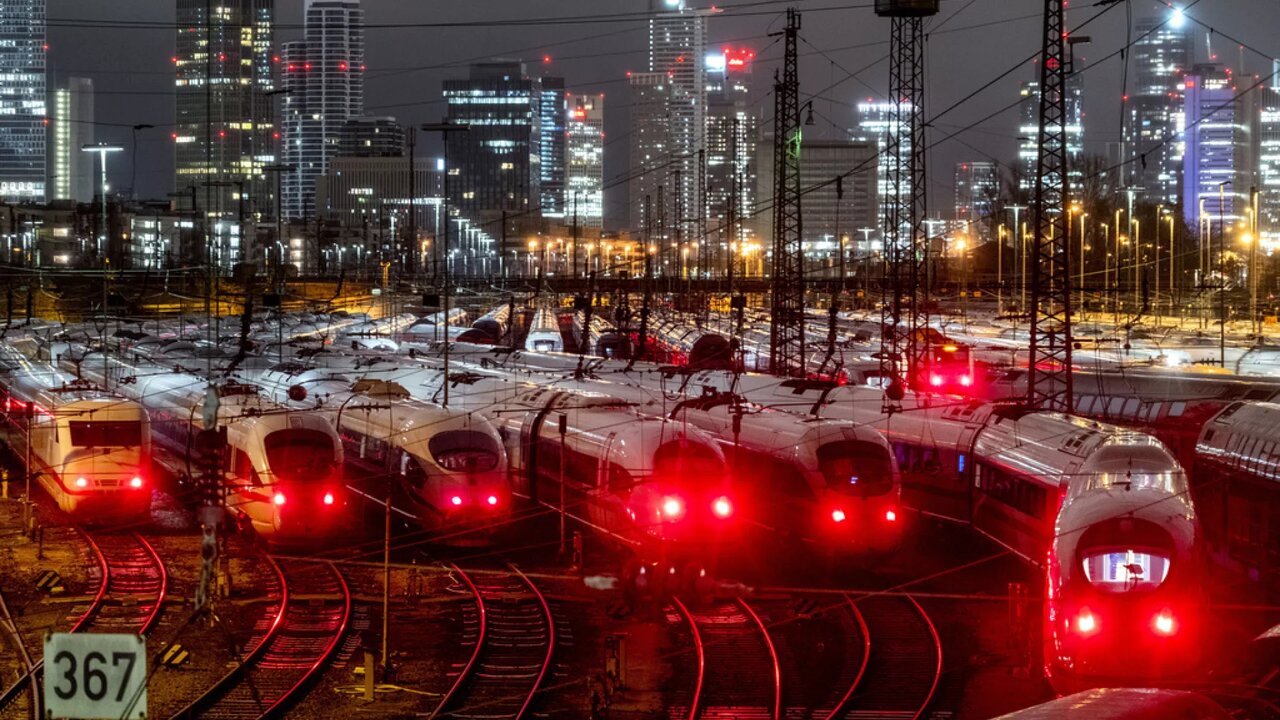
The train drivers’ union GDL has staged a series of strikes aimed at reducing its workers’ weekly hours at full pay to help offset lofty inflation and staff shortages in Europe’s largest economy, Reuters reported.
The latest rail strikes, due to start on Thursday, will coincide with industrial action by Lufthansa airline’s ground staff on Thursday and Friday, which will likely disrupt travel plans for thousands of passengers.
The first passenger rail strike will begin at 0100 GMT on Thursday and last 35 hours, GDL union head Claus Weselsky said, adding that information on further worker action would follow.
“With this, we begin a so-called strike wave,” he told reporters.
The planned strikes are a continuation of a dispute that is estimated to have already cost the German economy hundreds of millions of euros.
Weeks-long talks between GDL and Deutsche Bahn (DBN.UL) broke down last week.
GDL’s last national rail strike in late January was set to be the longest in the state-owned company’s 30-year history, but ended prematurely as a German economic slowdown led to pressure on GDL to return to the negotiating table.
GDL wants a reduced 35-hour working week for shift workers at full pay – a demand that has been rejected by Deutsche Bahn, which accuses the union of refusing to compromise.
“We are still prepared to find constructive but realistic solutions. However, the GDL’s maximum demands are unrealisable and pose a massive threat to the railway system,” said Deutsche Bahn’s Martin Seiler.
He also pointed to the costs of the strike action to the economy, adding in a statement: “Many millions of euros are being destroyed because a few people are fighting for their own particular interests.”
Lufthansa, meanwhile, will likely miss its 2024 profit margin goal as it seeks to agree new, higher pay deals to end the prolonged strikes, which have forced it to cancel thousands of flights, analysts and investors say.
“With this uncompromising stance, the union is harming the company, many hundreds of thousands of customers and the employees of our companies,” Michael Niggemann, Lufthansa’s chief human resources officer, said in the statement.
SD/PR




